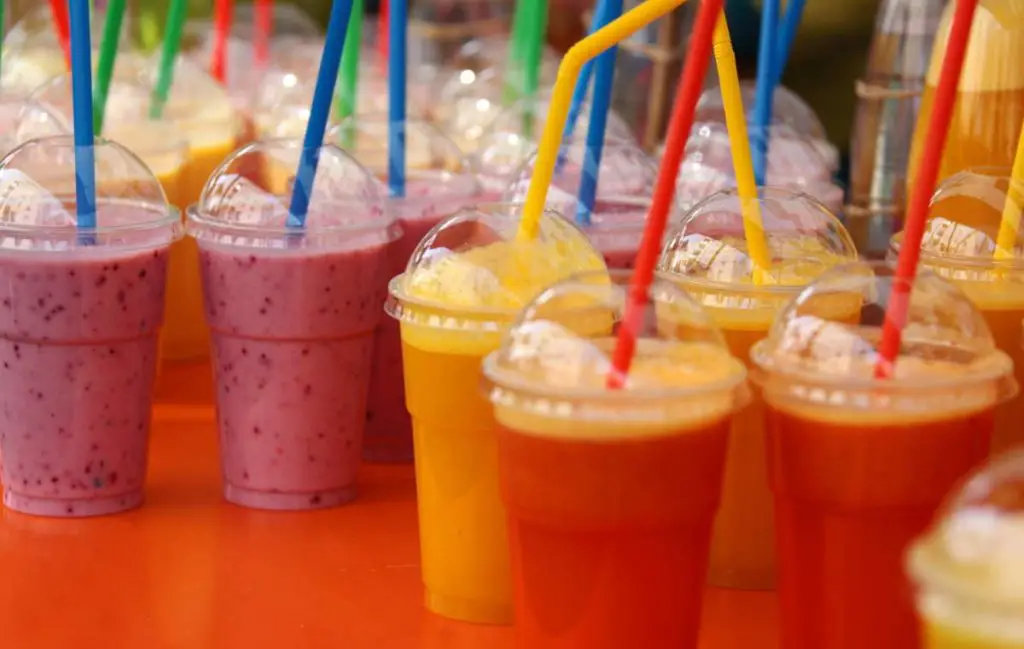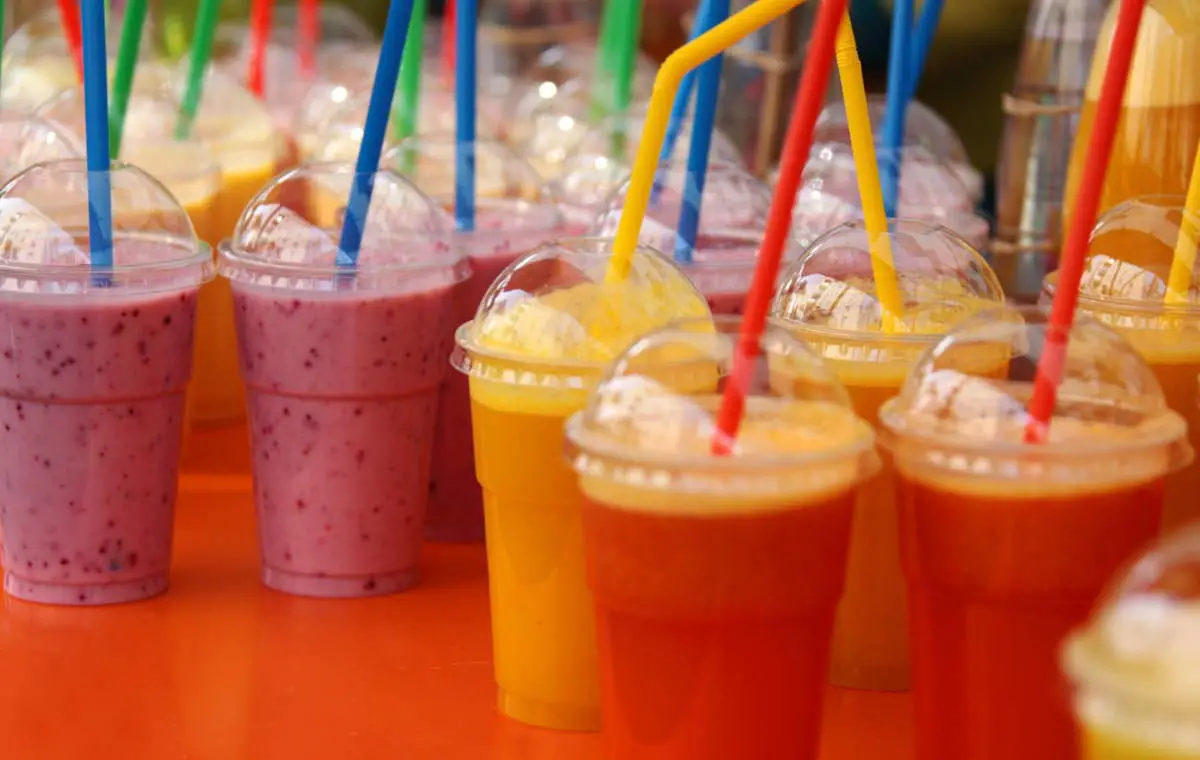It is better to avoid liquid calories. Because weight control is as important as training for a cyclist. The reason is the power-to-weight ratio: maximizing your power-to-weight ratio is a vital part of your training. In cycling, and in any endurance sport generally, better performance is determined not only by how much power an individual can generate but also by how much body mass s/he is carrying. It is really hard to increase your power output dramatically, but you can lose some weight with a good diet. Avoiding liquid calories is an easy way to lose weight.
The formula is simple: to maintain your weight, the calories you eat must equal the energy you burn. To lose weight, you must use more calories than you eat.
It is a common belief that “a calorie is a calorie.” But it is not true.
Why you should avoid liquid calories?

A study that appears in the “American Journal of Clinical Nutrition” looked at beverage and food intake and weight changes in more than 800 men and women, aged 25 to 79 (see Notes 1).
The “liquid calories” researchers looked at were sugar-sweetened beverages, such as soft drinks, fruit drinks, and punch; whole, 2%, 1% and skim milk; 100% fruit and vegetable juices; coffee and tea with sugar; coffee and tea with artificial sweetener; diet drinks, and alcoholic beverages.
And here are the key results of the study:
- Cutting 100 calories a day from liquids resulted in a weight loss of about 0.5 pounds (0.3 kilograms) at 6 and 18 months.
- Cutting 100 calories a day from solid foods resulted in a loss of about 0.1 pounds (0.06 kilogram) at 6 and 18 months.
- Eliminating 1 serving, or 12 ounces (335 mL), of sugar-sweetened beverages a day, resulted in the greatest weight loss – 1 pound (0.5 kilograms) at 6 months and 1.5 pounds (0.7 kilograms) at 18 months
The results are surprising and more research is needed to understand why cutting liquid calories, especially sugar-sweetened beverages, results in greater weight loss.
Liquid calories are dangerous because you can consume them really easily and without noticing how much you consumed. In other words, you can take in a lot more calories from a soft drink without feeling full than we could from say, vegetables. Even fruit juice isn’t so great, since it’s high in sugar and calories but lacks the fiber that whole fruit has to offer.
What you can do to avoid liquid calories?
- Water is the best liquid.
- If you like drinking coke, try sugar-free versions.
- Consume coffee and tea without milk and sugar. Maybe it will be hard, at least in the beginning. But believe me, you’ll get used to it soon or later.
- Fruit juice is really unnecessary. But if you really want to drink some, at least mix it with some water.
- Consume low-fat milk.
- Avoid alcohol. A glass of wine can have the same calories as four cookies.
Notes
1. The abstract of the study titled “Liquid calories, sugar, and body weight”:
The consumption of sugar-sweetened beverages has been linked to rising rates of obesity in the United States. The standard explanation is that energy-containing liquids are less satiating than are solid foods. However, purely physiologic mechanisms do not fully account for the proposed links between liquid sugar energy and body weight change.
First, a reevaluation of published epidemiologic studies of consumption of sweetened beverages and overweight shows that most such studies either are cross-sectional or are based on passive surveillance of temporal trends and thus permit no conclusions about causal links. Second, research evidence comparing the short-term satiating power of different types of liquids and of solids remains inconclusive. Numerous clinical studies have shown that sugar-containing liquids, when consumed in place of usual meals, can lead to a significant and sustained weight loss.
The principal ingredient of liquid meal replacement shakes is sugar, often high-fructose corn syrup, which is present in amounts comparable to those in soft drinks. Far from suppressing satiety, one such liquid shake is marketed on the grounds that it helps control hunger and prevents hunger longer when consumed for the purpose of weight loss. These inconsistencies raise the question of whether the issue of sugars and body weight should continue to be framed purely in metabolic or physiologic terms. The effect of sugar consumption on body weight can also depend on behavioral intent, context, and mode of use, availability, and cost of sweetened liquids.
Sources
- “Dieting? Beware of liquid calories” on the Mayo Clinic website
- Study: Liquid calories, sugar, and body weight (The American Journal of Clinical Nutrition) – academic.oup.com
- Top 18 fastest Paris-Roubaix editions - April 7, 2024
- Col de Tourmalet [Amazing photo from the 1953 Tour de France] - January 11, 2024
- Bernard Hinault and Francesco Moser, 1981 Paris-Roubaix - December 8, 2023


